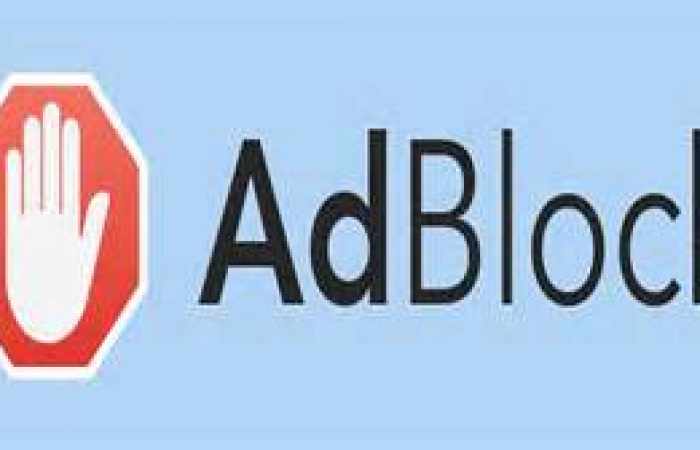Google's Plan to Build Ad-Blocking Into Chrome Could Be a Very Good Thing

The Journal reports that sources familiar with Google’s plan say that both the mobile and desktop versions could soon feature an ad-blocking system that would be turned on by default. But it wouldn’t filter out all ads, only the ones that don’t comply with the Coalition for Better Ads list of standards. For instance, auto-playing video ads with sound and large sticky ads would be out. The company is reportedly still deciding whether or not to block individual ads or all advertising on any site that doesn’t meet the “threshold of consumer acceptability.”
But why would a company that makes billions on advertising add a feature to its own free product that would block advertising? Simply put, Google doesn’t want more people downloading ad-blockers that it has no control over. Google has seen the reports that as many as 26% of desktop users have some sort of software to hide advertisements and it doesn’t want that number getting any larger.
The online analytics firm StatCounter claims that Chrome has gobbled up a little over 52 percent of the worldwide browser market share. Its closest competitor is Safari with 14 percent and the rest are struggling with single digits. If Google decides that its browser will only allow ads that meet those predetermined standards, any website that wants to survive will comply.
Another thing that Google doesn’t like is that services like Adblock Plus offer programs that allow companies to pay their way onto an “Acceptable Ads” list. The search giant currently pays Adblock Plus’s parent company for exactly that. But that also raises some alarm bells when it comes to Google’s consolidation of power in this situation. Would Chrome ever offer its own whitelisting service or will it stick to predefined standards set by an independent organization?
If implemented correctly, this feature wouldn’t just benefit Google. All online users would get a better experience and fewer people would download ad blockers. Considering that most of the world’s major websites live and die based on ads (including this one), this is an effort to save the web as we know it.
According to the sources, Google could launch the feature in a matter of weeks or decide to kill it altogether.















































